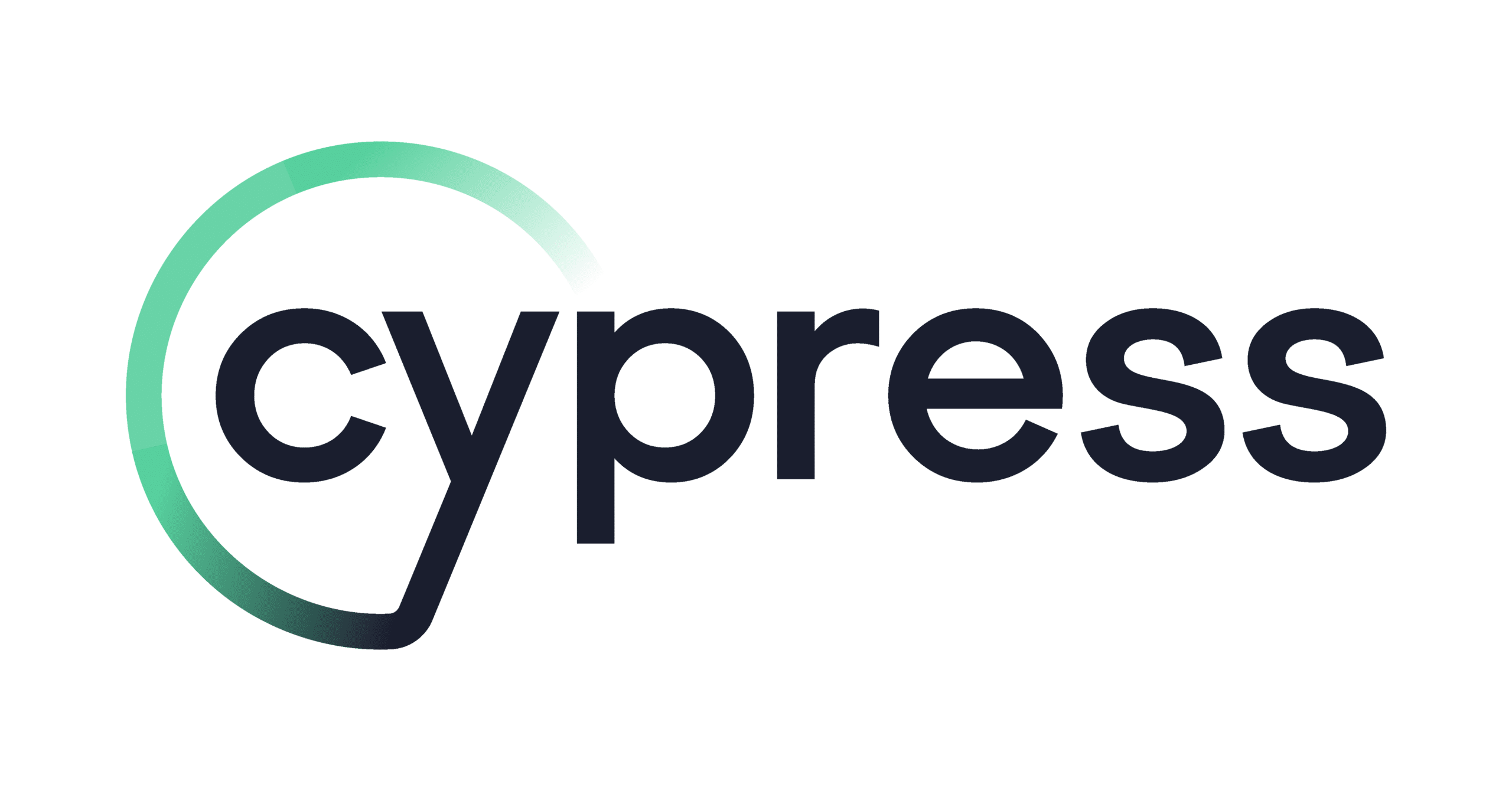Cypress.io is a cutting-edge browser automation tool that has gained immense popularity among developers and quality assurance professionals for its capabilities in performing end-to-end testing and ensuring the reliability of web applications. In this article, we will delve into the intricacies of Cypress.io, its uses, and why incorporating proxy servers into your Cypress.io workflow can be a game-changer.
What is Cypress.io Used for and How Does it Work?
Cypress.io is primarily used for web application testing. It allows developers to write tests that simulate real user interactions within a web application, such as clicking buttons, filling out forms, and navigating through pages. The key features that make Cypress.io stand out include:
-
Real-time Reloads: Cypress.io offers real-time reloading, making it incredibly efficient for test development. When you make changes to your test scripts, the tool instantly updates the browser, allowing for rapid feedback.
-
Interactive Debugging: Debugging with Cypress.io is a breeze. Developers can pause the test at any point and inspect the application’s state in real-time, simplifying the identification of issues.
-
Time-Travel Debugging: Cypress.io allows users to time-travel through the test execution, which means you can view the application’s state at any point in the test’s timeline.
-
Automatic Waiting: Cypress.io automatically waits for elements to appear or become interactive, eliminating the need for manual waiting commands.
Why Do You Need a Proxy for Cypress.io?
While Cypress.io is a powerful tool for web testing, there are scenarios where integrating proxy servers becomes imperative:
-
Geo-Located Testing: If your application is used globally, it’s essential to test it from various geographical locations. Proxy servers enable you to route your Cypress.io tests through different locations, ensuring that your application functions correctly for users worldwide.
-
Rate Limiting: Some websites implement rate limiting to prevent excessive requests. When using proxy servers, you can distribute requests across multiple IP addresses, avoiding rate-limiting issues during testing.
-
IP Rotation: To mimic real user behavior, it’s beneficial to rotate IP addresses during testing. Proxies facilitate IP rotation, making it harder for websites to detect automated testing and ensuring accurate test results.
Advantages of Using a Proxy with Cypress.io
The advantages of incorporating proxy servers into your Cypress.io testing workflow are substantial:
1. Geo-Located Testing
- Allows you to test your web application’s performance and functionality from different regions, ensuring a seamless user experience worldwide.
2. Avoid IP Bans and Rate Limiting
- By routing your traffic through proxy servers, you can avoid getting banned or rate-limited by websites during testing, ensuring uninterrupted testing sessions.
3. Enhanced Privacy
- Proxy servers act as intermediaries between your tests and the web, adding an extra layer of privacy and security to your testing process.
4. IP Rotation
- Prevents websites from detecting automated testing by frequently changing IP addresses, making your tests more realistic.
What Are the Сons of Using Free Proxies for Cypress.io?
While free proxies may seem tempting, they come with several drawbacks that can adversely affect your Cypress.io testing:
| Cons of Free Proxies | Description |
|---|---|
| Limited Reliability | Free proxies often have unreliable uptime and may go offline frequently, disrupting your testing workflow. |
| Slow Speed | The speed of free proxies is generally slower, leading to longer test execution times and potential timeouts. |
| Security Risks | Free proxies may expose your data to security risks, as you can’t always trust the proxy operator’s intentions. |
| Limited Locations | Free proxies offer limited geographical locations, limiting your ability to perform comprehensive geo-located testing. |
What Are the Best Proxies for Cypress.io?
When it comes to selecting the best proxies for Cypress.io, it’s essential to prioritize reliability, speed, and location diversity. Premium proxy providers like OneProxy offer dedicated proxy solutions tailored for testing purposes. Here are some features to look for in the best proxies:
-
Dedicated IPs: Dedicated IP addresses ensure stability and reliability during testing.
-
Global Coverage: Opt for proxy providers with a wide range of geolocations to perform comprehensive testing.
-
High Speed: Choose proxies with high-speed connections to minimize test execution time.
-
Security: Ensure that the proxy provider prioritizes data security and privacy.
How to Configure a Proxy Server for Cypress.io?
Configuring a proxy server for Cypress.io is a straightforward process. Follow these general steps:
-
Choose a Proxy Provider: Select a reliable proxy provider like OneProxy that offers dedicated IPs and a range of geographical locations.
-
Obtain Proxy Credentials: Acquire the necessary proxy credentials, including IP address, port, username, and password, from your proxy provider.
-
Configure Cypress.io: In your Cypress.io test script, use the
cy.proxycommand to set up the proxy server by providing the proxy server’s address and authentication credentials. -
Run Your Tests: Execute your Cypress.io tests as usual. They will now run through the configured proxy server, allowing you to test from different locations and ensure the reliability of your web application.
In conclusion, Cypress.io is a powerful browser automation tool that can be enhanced even further by integrating proxy servers into your testing workflow. Proxies offer benefits such as geo-located testing, avoiding IP bans, and enhancing privacy, making them a valuable addition to your testing toolkit. However, it’s crucial to choose premium proxies like those provided by OneProxy to ensure reliability and security during your Cypress.io testing endeavors.













